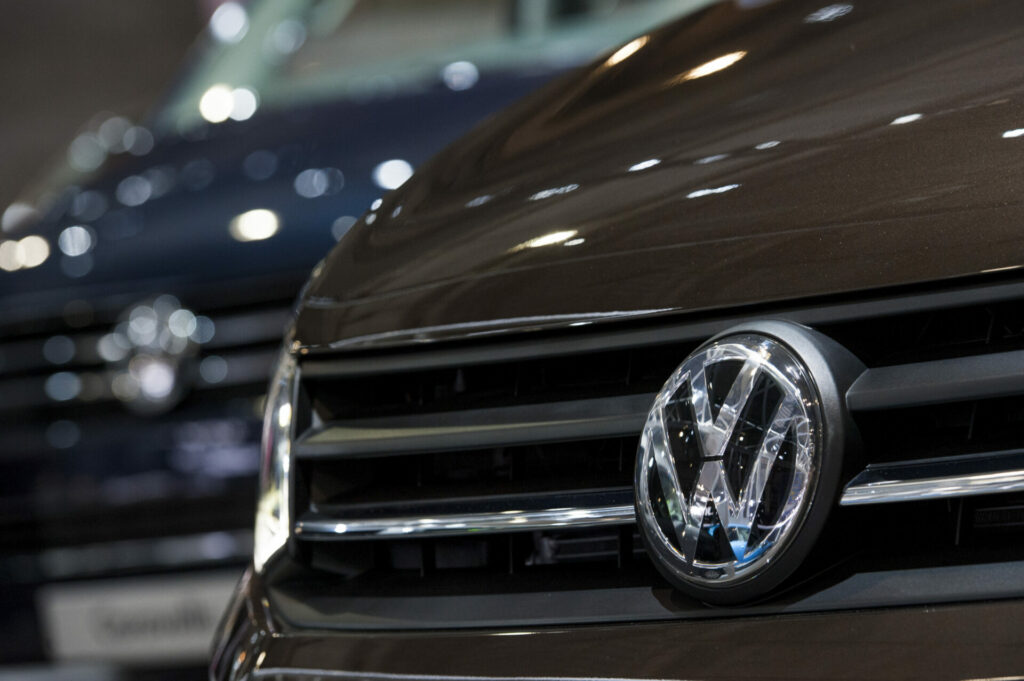Volkswagen has paused the construction of a battery plant in Eastern Europe in order to focus on building a similar facility in the US, in the latest example of European companies relocating their manufacturing to North America to take advantage of billions of dollars of US Government green subsidies and loans, The Financial Times (FT) reports.
In a meeting held last week, representatives from Europe's largest car manufacturer reportedly told EU officials that, under the Inflation Reduction Act (IRA) — one of President Joe Biden's flagship legislative achievements which was signed into law in mid-August last year — the company would receive up to €10bn in subsidies and loans from the US Government throughout the lifetime of its planned American facility.
The company further claimed that, before making its decision on whether to continue with the construction of the European plant, it would "wait and see" whether the EU's equivalent scheme, entitled the Net-Zero Industry Act, would contain comparably generous provisions.
"Plans in North America have moved forward faster than expected and overtaken decision making in Europe," an unnamed source, described as a "person with direct knowledge of the decision making at Volkswagen", told the FT.
An 'existential challenge'
The IRA is estimated to provide up to $369 billion in government subsidies and loans to stimulate green investment and consumption. The vast majority of these subsidies and loans, however, are only available for products manufactured in the North America. This has already encouraged a number of European companies — including Iberdrola (a Spanish energy firm), BASF (a major German chemicals company), and Northvolt (a Swedish battery startup) — to relocate a substantial portion of their investment or production to the US.
Indeed, according to the FT, at last week's aforementioned meeting Northvolt similarly informed EU officials that it stood to receive up to €8bn in US subsidies should it choose to construct its next major battery plant in the US. The company added that it would require "more concrete support" from the EU to build its next facility in Europe instead.
The IRA significantly compounds the structural disadvantage faced by European manufacturers relative to American ones, with gas prices in Europe currently multiple times higher than they are in the US. Moreover, it comes at a time when both American and European leaders have repeatedly emphasised the importance of transatlantic solidarity to confront the high energy prices and general inflation triggered by Russia's full-scale invasion of Ukraine in February.
Related News
Indeed, in recent months European leaders have explicitly — and repeatedly — emphasised the harmful impact of the "protectionist" US legislation on European industry.
"I think it's time for us Europeans to tell our American friends that we are very concerned about the Inflation Reduction Act, and that it could cause the deindustrialisation of Europe," French Economy Minister Bruno Le Maire said last year. His words were echoed by EU Commissioner for the Internal Market Thierry Breton, who claimed that immediate action must be taken in order to "revert the deindustrialisation process already taking place".
French President Emmanuel Macron, too, has openly criticised the US legislation, claiming that it is "not in line with the rules of the World Trade Organisation and... not in line with friendship."

